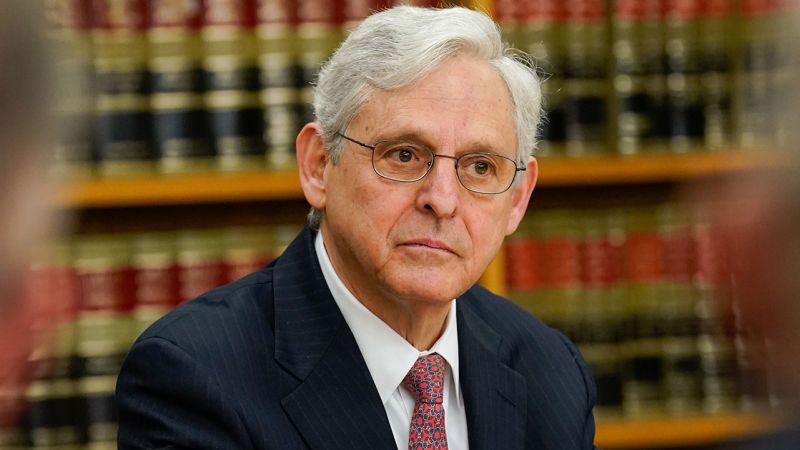House Republicans are seeking to hold Attorney General Merrick Garland in contempt of Congress for failing to provide audio recordings of special counsel Robert Hur’s interviews with President Joe Biden. Subpoenas for the recordings were issued after Hur concluded his investigation into Biden’s handling of classified documents. Despite the lack of any charges against the president, Republicans have emphasized Hur’s description of Biden as an elderly man with a poor memory. The House Oversight and Judiciary committees are set to hold markups recommending a contempt of Congress resolution, which would then go to the House floor for a vote.
While the Department of Justice has made most of the subpoenaed materials available, including transcripts of interviews with Biden, they have refused to release the audio recordings. DOJ has maintained that Republicans have not established a legitimate legislative purpose for demanding the recordings. Republicans argue that the audio provides unique insights not reflected in transcripts and reject DOJ’s authority to determine what information is necessary for their investigation. DOJ has expressed privacy concerns related to the release of audio files and worries that it could deter cooperation from future witnesses in criminal investigations.
DOJ Assistant Attorney General Carlos Uriarte criticized Republicans for rushing towards contempt despite receiving transcripts that address the allegations made in their impeachment inquiry into the president. He questioned the necessity of the audio files for legislative or impeachment purposes and highlighted concerns about potential political motivations behind the requests. Republicans contend that the audio recordings are essential for capturing the verbal nuances, tones, and nonverbal cues that are not reflected in written transcripts. They highlighted a recent instance where a transcript did not capture a teleprompter cue read by Biden during a speech, demonstrating the value of audio recordings.
Concerns about the release of audio recordings for political purposes have been raised by DOJ, citing potential implications on future witness cooperation and accountability. Republicans have argued that the nuances captured in audio recordings are critical for assessing a witness’s credibility and intent during interviews. The House Oversight Committee changed the start time of its markup to accommodate Republican committee members attending the trial of former President Donald Trump in New York City. Despite efforts to address conflicting schedules, the push for contempt of Congress against Garland is expected to proceed as Republicans continue to press for access to the audio recordings.


